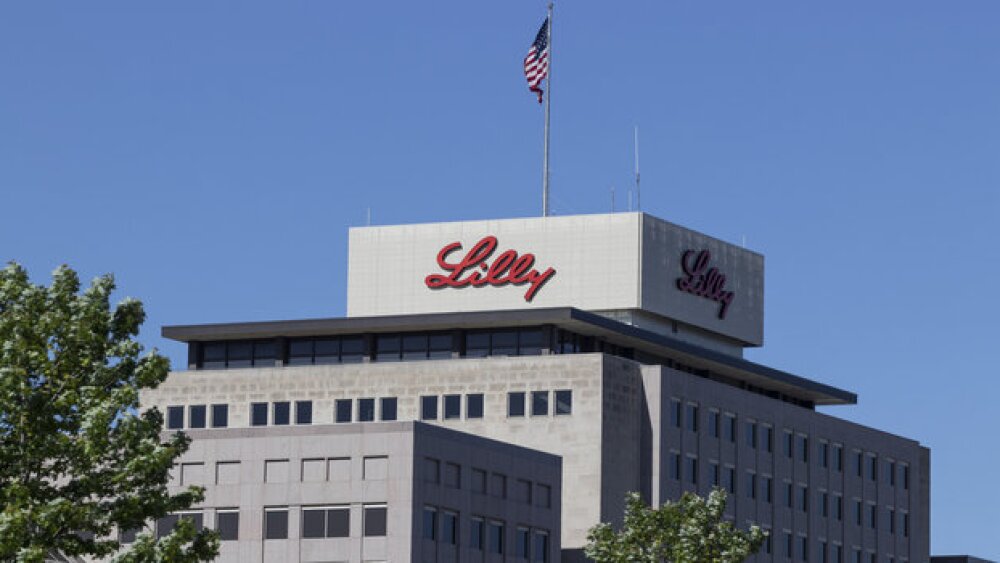All doses of Eli Lilly’s type 2 diabetes medication Mounjaro and weight-loss drug Zepbound are now available, according to an update on Friday to the FDA’s drug shortage database.
All doses of Eli Lilly’s blockbuster weight-loss and diabetes treatment tirzepatide are no longer in shortage, according to a Friday update to the FDA tracker that monitors the U.S. supply of drugs.
Both the type 2 diabetes brand Mounjaro and the chronic weight management indication Zepbound are “available” in all doses, according to the regulator’s database. The supply update is in line with Lilly CEO David Ricks’ forecast on Friday that the tirzepatide shortage will likely end “very soon,” as reported by Bloomberg.
Truist Securities analyst Srikripa Devarakonda in a note to investors called the development a “positive” for Lilly and a sign of its “continued execution on this front.”
Meanwhile, tirzepatide’s main competitor semaglutide—developed by Novo Nordisk and marketed under the brand names Ozempic and Wegovy—continues to be in shortage. According to the FDA website, three doses of Wegovy have “limited availability” with no specified date for the resolution of the shortage.
“We note that competitors Wegovy/Ozempic continues to be on shortage list with estimated shortage duration TBD,” Devarakonda wrote to investors. “We will be watching for feedback on Wegovy to see if this could give a competitive advantage to [Lilly]] in the near-term.”
Lilly in recent months made several big investments in manufacturing to better meet the market’s growing demand for tirzepatide. In November 2023, the pharma dropped $2.5 billion to construct a new manufacturing plant in Germany, which is expected to begin this year.
The new plant will be Lilly’s first major German production facility, the pharma announced at the time, noting that it will add new 1,000 new jobs for engineers, operators and scientists.
In May 2024, Lilly pumped $5.3 billion into its Indiana operations, specifically earmarked to boost its capacity to produce tirzepatide. At the time, Ricks touted it as “the largest manufacturing investment in our company’s history” and “the single largest investment in synthetic medicine [active pharmaceutical ingredient] manufacturing in U.S. history.”
Lilly is also trying to meet the market’s insatiable appetite for weight-loss treatments with an oral drug. During the pharma’s full-year 2023 business report in February 2024, Patrik Jonsson, president of Lilly Diabetes and Obesity, pointed out that “when we look at the opportunity in obesity, we have more than 110 million in the U.S. and 650 million globally.”
“It’s impossible to reach all of those with injectables,” Jonsson said. “I think that’s the big opportunity we have for orforglipron.”
Designed to be orally available, orforglipron is a non-peptide GLP-1 receptor agonist that can survive in the gastrointestinal tract. In June 2023, Lilly revealed Phase II data for the drug candidate, touting weight loss ranging from 8.6% to 12.6% over 26 weeks of follow-up, compared to only 2% in the placebo group.
In anticipation of orforglipron’s late-stage success and potential approval, Lilly has started to make manufacturing investments for the obesity candidate.






